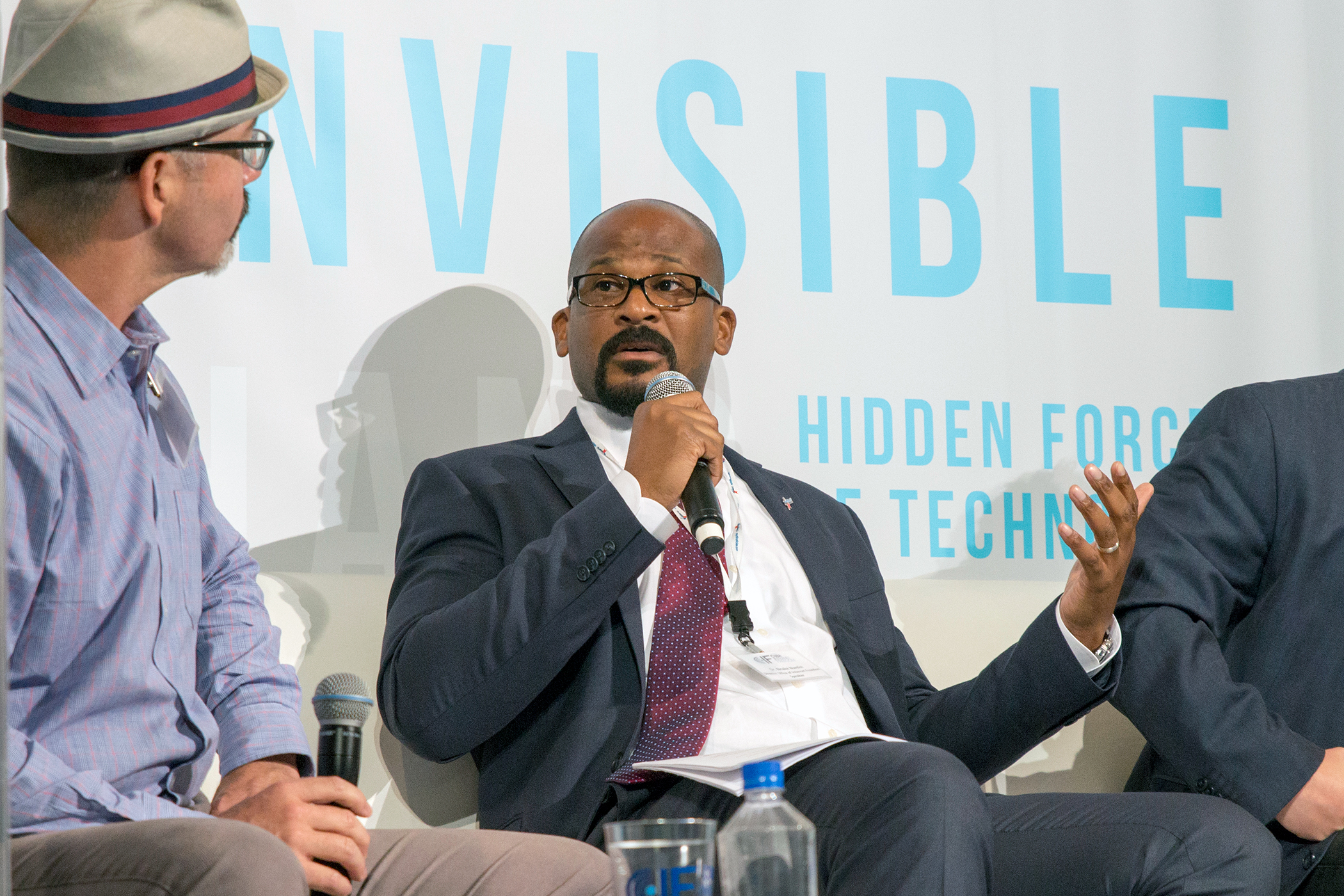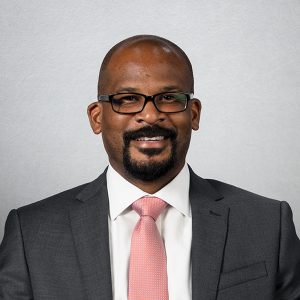Dr. Nnake Nweke: Championing internet freedom for BBG networks, audiences around the world

BBG360 is a monthly interview series with professionals and difference makers in U.S. international media whose work is advancing the mission and priorities of the BBG.
Why was the Office of Internet Freedom created by the BBG?
The office was created to provide the BBG networks timely and effective tools to circumvent censorship. BBG has long understood the importance of circumventing censorship — we have had an anti-censorship division and we’ve worked with Open Technology Fund, to develop tools to help journalists and citizens to access and share online information in some of the most restrictive countries. The Office of Internet Freedom will provide coordination and oversight, as well as build relationships with others in the internet freedom field so that we can really maximize our results.
Why is internet freedom important to the BBG?
The internet is where citizens around the world get their information, share their opinions and share their lives. Without internet freedom, that aspect of our lives is stifled, and we can’t express ourselves fully. When government regimes block this access, one of the results is that our networks are unable to disseminate information to people in need of it. Our goal is to make sure our networks have internet access anywhere they want to go. A lack of internet freedom means that BBG’s mission cannot be fulfilled because we will not be able to effectively get our information to people around the world.
How did your experience, prior to BBG, prepare you for this role?
I joined the BBG with an expertise in both cyber security and law. Cyber security and internet freedom are related in that you use a lot of similar technologies such as encryption. In cyber security, you are working to prevent bad actors from obtaining your personal information, bank account info, etc. In this case, we use those same tools to prevent governments from censoring or surveilling its citizens’ online expression and debate. This is the intersection of technology and law, and it brings my two backgrounds together.
What are some of the activities you have planned for the office?
We want to build a database to effectively track and store internet freedom activities around the world. Ultimately, we want to be able to determine the impact a tool has on our ability to disseminate information and to fulfill the BBG’s broader mission.
Another goal is to educate people and raise awareness so that everyone understands that internet access is a right. I also look forward to hosting seminars and organizing a conference where we can bring a diverse set of people, including those from the private sector, think tank organizations, government entities, and academia to share information. These could people who may not understand what we do, but could become important partners in our efforts to combat online censorship.
We would also like to put together a panel of experts to examine how we can mitigate the risk of BBG-funded tools getting into the wrong hands. For example, there has been concern about encryption getting into the hands of criminals. We want to be able to look into finding ways to mitigate these risks.
Why do you think this initiative came through the BBG?
The BBG is in a strategic position to take on this challenge as we are already established in many areas affected by censorship and surveillance. We work all over the world, in many repressive regions. Our networks are there, our journalists are there, and the work they do is dangerous. We want to support them and keep them safe as they report the news, and we also want to support the people living in those countries in their efforts to safely access and share the news or other information. It’s all a part of our mission. We are uniquely poised to take the lead on this because of our close relationships in all these regions. That is why it is important that we are here. I don’t believe anyone could do this work for us.

